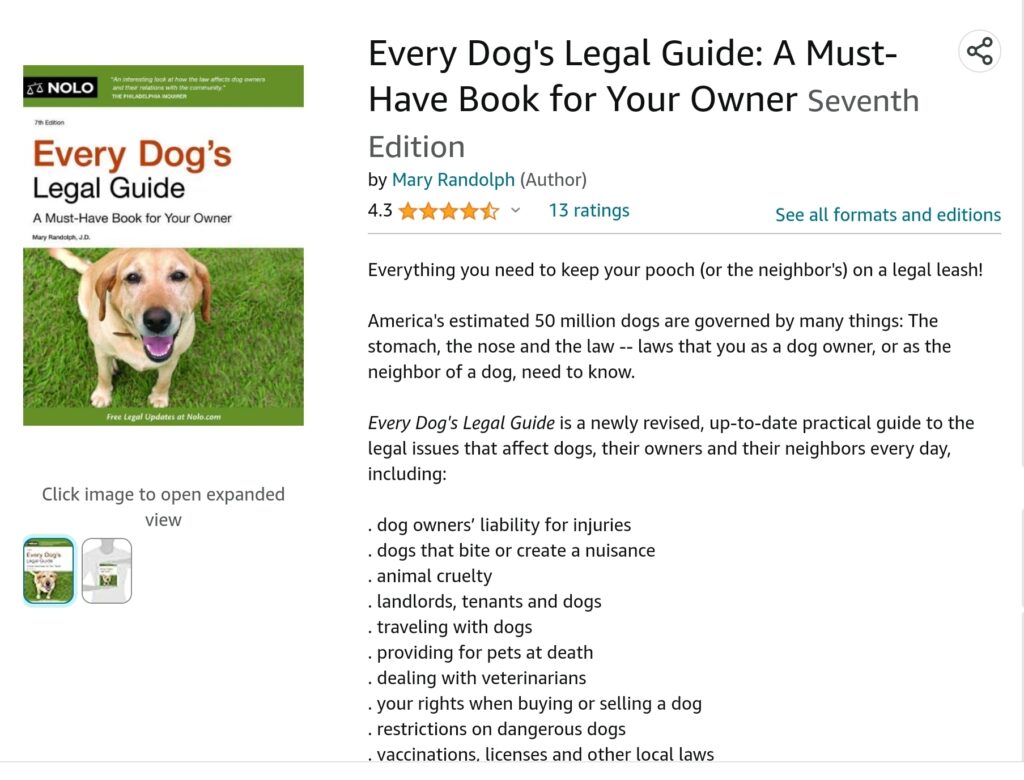Proving ownership of your furry friends may seem like a simple task, but the reality is far more complex. It’s the kind of issue that often goes unnoticed until a problem arises, and by then, it may be too late. That’s why we’ve compiled a list of seven essential ways to establish and secure your pet ownership. By planning ahead, you can ensure that you’re prepared for any unforeseen circumstances that may jeopardize your bond with your loyal companion.
When Does the Issue Arise?
Pet ownership disputes, whether it’s over dogs, cats, or other animals, are more common than you might think. As someone who has worked in shelters, I’ve witnessed and been involved in numerous heartbreaking cases. One common scenario is a divorce or separation between romantic partners, where both individuals are emotionally attached to the pet and refuse to give up custody. In some cases, this disagreement escalates to court.
Another unfortunate situation occurs when lost pets are taken in by well-meaning finders who assume the animals have been abandoned. These finders keep the pets without searching for their rightful owners. When the original owners finally become aware of their pets’ whereabouts weeks, months, or even years later, they often face an uphill battle to regain custody.
Pets can also end up in shelters and be adopted out within a short hold period, sometimes as brief as 72 hours in California. Sadly, in most cases, the original owner loses all rights to reclaim their beloved pet.
There are also instances where individuals entrust their pets temporarily to friends or relatives because they cannot care for them at the time. This can happen when someone joins the military, travels extensively, or becomes incarcerated. Unfortunately, on occasion, these caregivers grow tired of the responsibility and give the pet away when the original owner returns.
Who Makes the Decision?
Determining the rightful owner can be a complex matter. Many law enforcement agencies refuse to get involved, considering it a civil dispute that needs to be settled through legal means. In a shelter, customer service staff or management use established protocols to make such determinations. While it is rare, things can become complicated when two or more owners claim the same pet.
Historically, courts treated pet “custody” cases as property disputes, with judges making the final decision. However, recognizing that pets deserve special consideration, California, Alaska, and Illinois have enacted new laws instructing judges to prioritize the best interests of the animals when making custody decisions. In one notable case, a San Diego couple spent two years and over $150,000 in legal fees to settle a custody battle for their dog, Gigi. Ultimately, the wife was awarded custody.
What Counts as Proof of Ownership?
Microchip
A registered microchip can be a valuable tool in establishing ownership, but it is not considered definitive legal proof. The primary reason for this is that anyone with access to the chip number can register it. Consequently, disputes can arise when multiple owners claim the same pet due to the chip being registered to different parties in the same or different registries.
While microchips have facilitated an increasing number of successful pet reunions after years of separation, they can also lead to conflicts when a second owner has been caring for the animal for an extended period. Nevertheless, it is crucial to microchip and register all pets. In the event they go missing and end up in a shelter, a simple scan can provide your information and expedite their return home.
Breed Registration Papers
Registration documents, such as those provided by the American Kennel Club (AKC), can help establish ownership, but they do not serve as definitive legal proof. Registries like the AKC explicitly state that they are not involved in ownership disputes. While having registration paperwork in your name can bolster your claim, it is advisable to combine it with other forms of identification, such as a microchip registration. Keep all relevant paperwork stored safely for easy access when needed.
Shelter or Rescue Adoption Papers
Although the term “adoption” is often used for pets, it is legally considered a sale of property since animals are legally classified as property. Some shelters implement waiting periods of up to 30 days to give original owners an opportunity to reclaim an adopted pet. While not foolproof, having copies of adoption paperwork can significantly support your ownership claim. Keep these documents together with your pet’s veterinary records and other important documents.
Collar with ID Tags or License
Every dog should wear a collar with identification tags at all times. It provides a quick way to ensure their safe return if they go missing. While collars and tags can be removed or lost, having them in your possession demonstrates that you are responsible for the pet. A license tag, in particular, indicates that you comply with local regulations regarding rabies control. This is vital as authorities, such as the police or animal control, are more likely to recognize you as the rightful owner when you can provide proof.
Possession
As the saying goes, “Possession is 9/10ths of the law.” This holds true in many cases, assuming that the property or animal in your possession was acquired legally. If you have been caring for a pet for an extended period, many animal control agencies would consider it yours unless someone else comes forward and claims ownership. However, it is crucial to have evidence to support your claim, such as records indicating that someone gave you the animal or documentation of searching for the original owner if the pet was found as a stray.
Vet Records
Vet records, particularly recent ones, may not establish ownership definitively, but they demonstrate your dedication to the pet’s well-being. Veterinarians generally avoid involvement in ownership disputes. However, it is essential to keep vet records organized as they can serve as valuable supporting documentation if the need arises.
Photos
In today’s digital age, nearly everyone possesses a phone capable of taking pictures. Documentation through photographs has become commonplace, and it can play a crucial role in proving ownership. Shelter staff members have identified owners by comparing impounded pets to photographs found on social media platforms. Keeping a collection of clear and recent photos of your pet is highly recommended. These photos can also be essential in creating missing pet posters or online lost pet listings.
Keeping Your Pet Safe
Prevention is always the best approach to protect your beloved pets. Taking steps to ensure they remain safely contained within your property can significantly reduce the risk of them getting lost or being taken by someone else or brought to a shelter. Microchipping and registering your pets provide a cost-effective and lifelong identification solution. Additionally, all dogs should wear collars with identification tags at all times. It’s also important to establish clear arrangements with anyone who will be caring for your pets, especially for an extended period. While none of these methods guarantee absolute ownership, combining multiple forms of proof will greatly strengthen your claim.
Frequently Asked Questions
Coming soon.
Conclusion
Establishing and maintaining ownership of your dog is crucial in protecting the bond you share. By being proactive and utilizing various methods, such as microchipping, retaining relevant paperwork, and keeping records, you can safeguard your pet from potential disputes. Remember, prevention is key, and taking the necessary steps to prove ownership before any issues arise ensures that you can continue to create lasting memories with your furry companion.
Visit Pawsoha for all your pet ownership needs.






